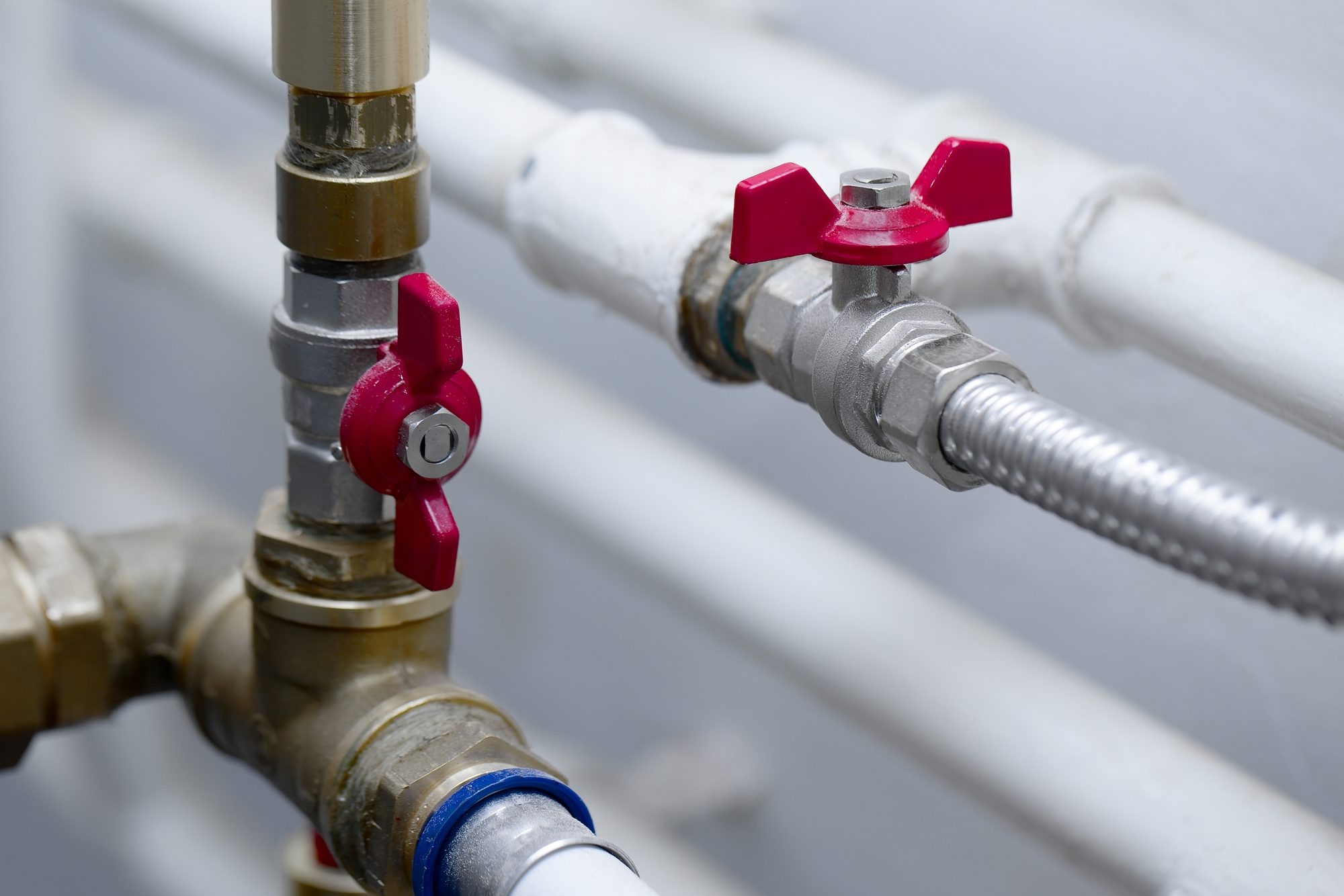If you are a homeowner, you are aware that maintaining your property can be a costly undertaking. One of the most crucial yet overlooked investments you can make in your home is ensuring that your plumbing and septic system are up to standard. A failing septic tank can have devastating consequences which is why homeowners need to be proactive in preventing such an eventuality.
The United States Environmental Protection Agency (EPA) reports that about 20% of American households rely on septic systems for wastewater treatment. These septic systems typically last between 20 to 30 years, meaning they will need replacement or repair sooner rather than later. Depending on the state, homeowners spend a considerable amount of money annually on maintenance, inspections, and repairs of their septic systems.
In recognition of this, the government, through the Environmental Quality Incentive Program (EQIP), has doubled the amount of funding available for homeowner grants aimed at tackling failing septic systems. The national average for septic system related failures has steadily increased over the last decade. The cost of repairing a failed septic system can be upwards of $3,000.00, making it a significant expense for many homeowners.

Fortunately, there are several steps that you as a homeowner can take to prevent your septic system from failing. In this article, we will discuss the importance of homeowner grants, the signs of a failing septic system, and steps you can take to maintain your septic system and prevent costly repairs.
Importance of Homeowner Grants
For many homeowners, the cost of maintaining a septic system can seem prohibitive. Homeowner grants are government-funded assistance programs aimed at reducing the financial burden associated with septic system repairs and maintenance. These grants can cover up to 75% of the cost of repair or replacement, with the homeowner covering the remaining 25%.
The increase in federal funding demonstrates the government’s commitment to ensure Americans have access to safe and functioning septic systems. Homeowners are encouraged to take advantage of these grants and invest in their septic systems to preserve the health of their homes and the environment.

Signs of a Failing Septic System
As a homeowner, it is important to be aware of the signs that your septic system may be failing. This will enable you to take action before the failure causes costly and potentially hazardous damage.
Slow Drains or Gurgling Sounds
If your drains are taking longer to empty or making gurgling sounds, there may be a blockage in your system. A blockage may indicate a failed drain field or a full septic tank.
Wet Spots or Sewage Odors
If you notice damp spots or odors coming from your lawn, it may be an indication that your septic system is leaking wastewater. This can be hazardous to your health and the environment.
Backed-Up Drains
If your toilets and sinks are backing up, it could be an indication that your septic tank is full or blocked. This can cause a significant amount of damage and is a warning sign that you should not ignore.
Maintaining Your Septic System
Prevention is always better than cure, which is why as a homeowner, it is important to maintain your septic system regularly. Proper maintenance can prevent costly repairs and ensure that your system functions correctly.
Regular Inspections
Homeowners are advised to have their septic systems inspected every three years to ensure they are functioning correctly. Inspections will identify any potential problems before they turn into costly repairs.
Pump Out Your Tank Regularly
Pumping your tank regularly every three to five years can prevent the buildup of solids and keep your system functioning correctly. This will also help prevent a full or overflowing system.
Minimize Water Usage
Reducing the amount of water usage in your home can reduce the amount of wastewater produced, which can prevent your septic system from overworking. Simple steps such as repairing dripping taps and toilets can help to save water.
In conclusion, septic system failures can be avoided, and with the increase in government funding for homeowner grants, it is essential that homeowners take advantage of these programs. Regular inspections and maintenance can prevent costly repairs, ensure your septic system is functioning correctly, and preserve the health of your home and the environment. Remember to call Ace Plumbing Repair for all your plumbing and septic needs.






